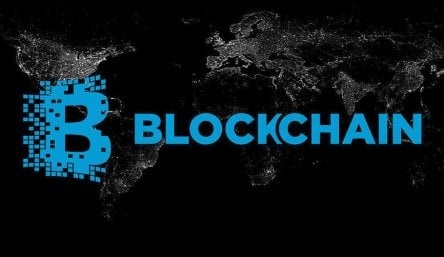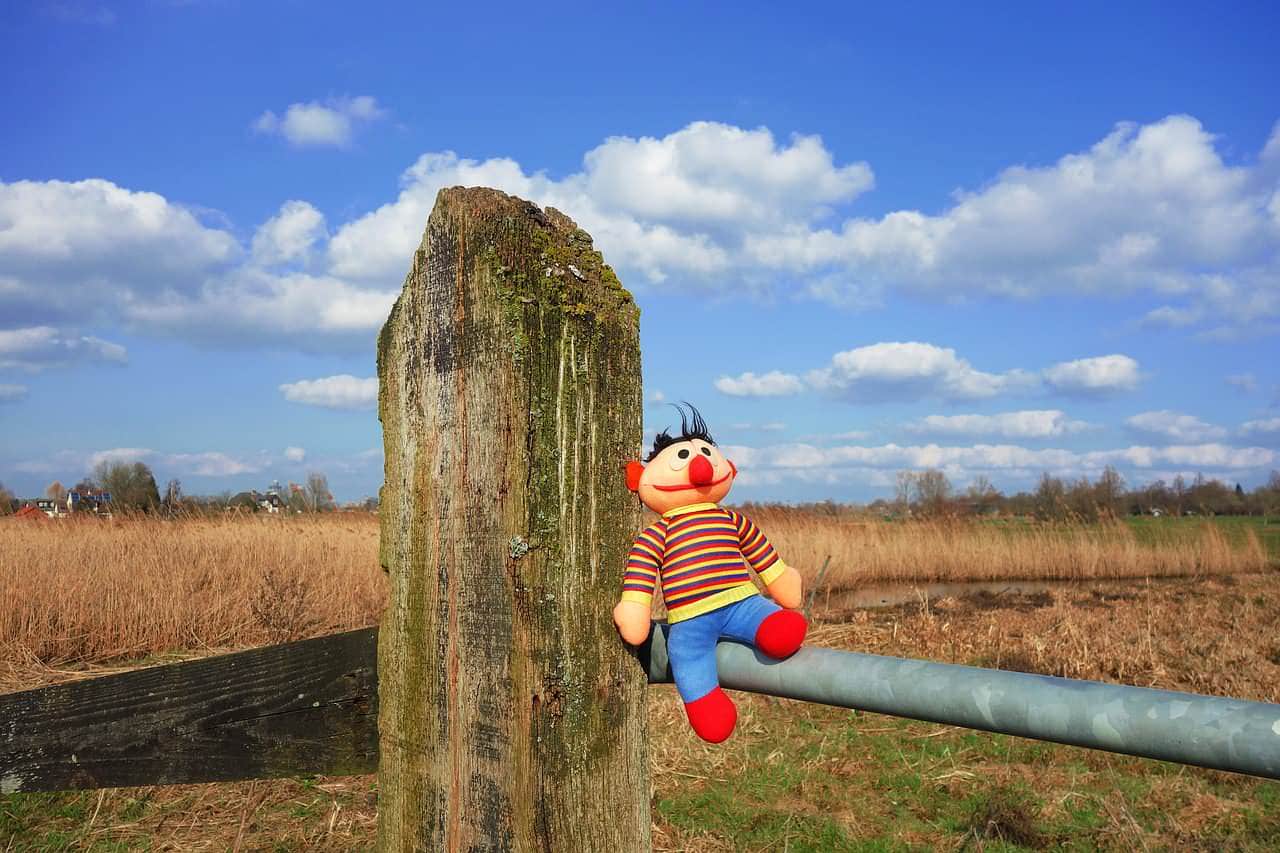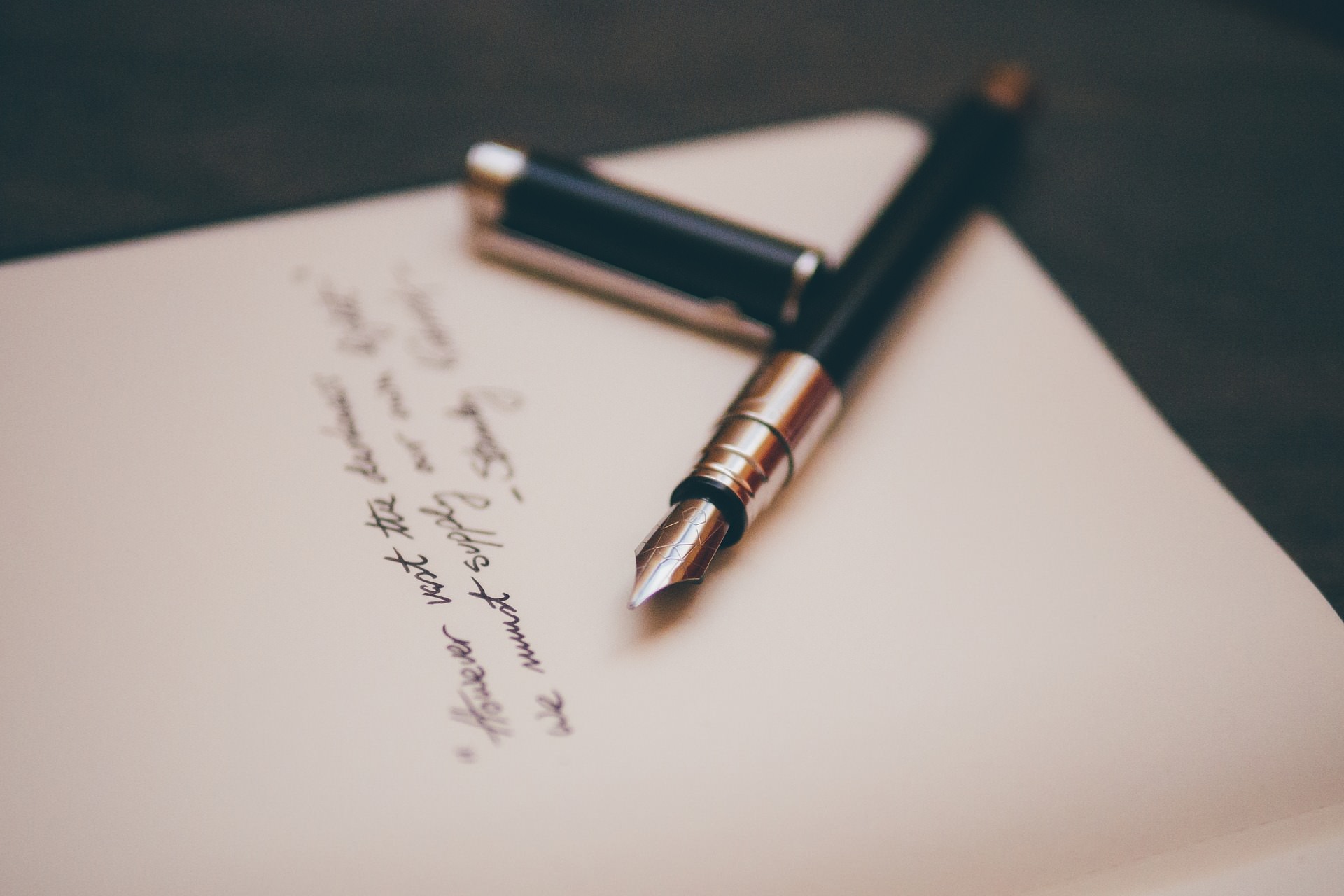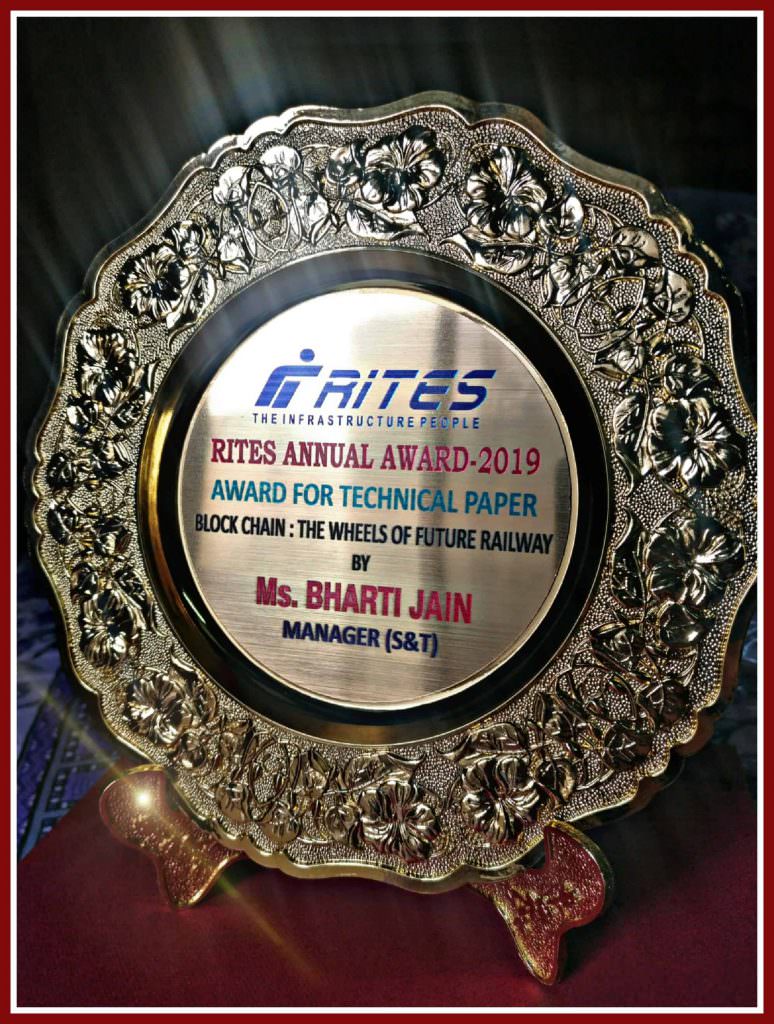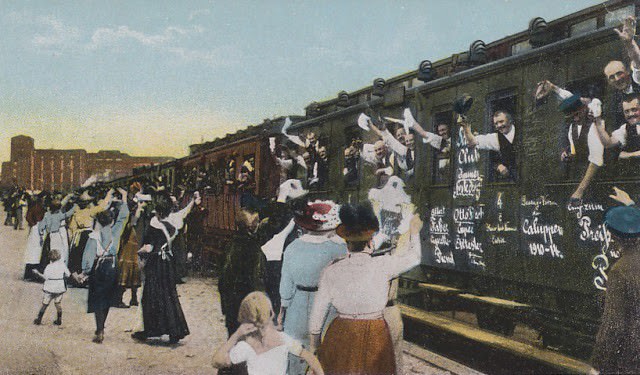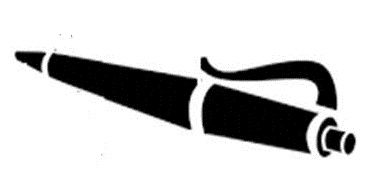Blockchain – Will it make everything obsolete?
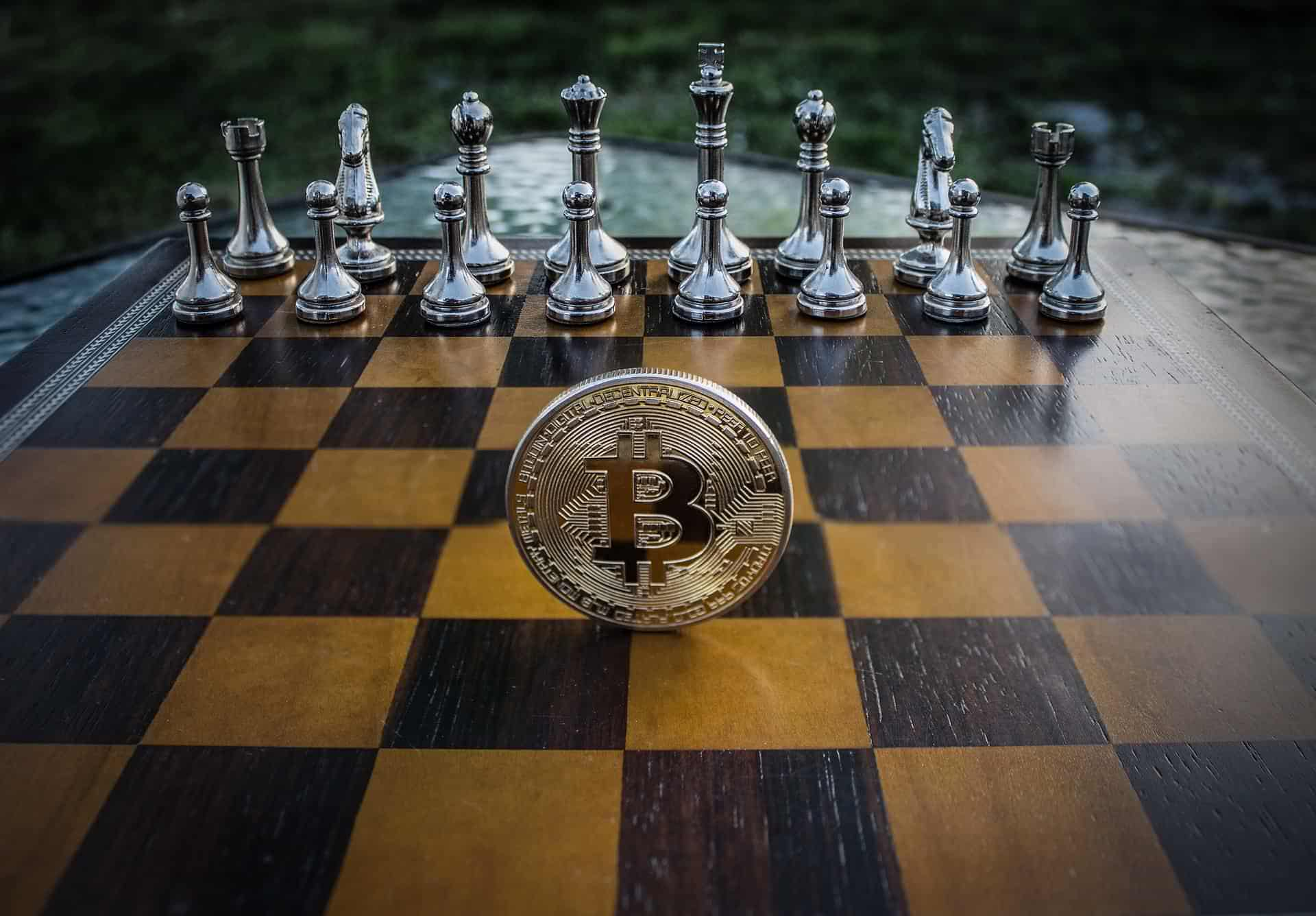
Best Articles on Blockchain
How does a common man like me and you carry out transactions? Bank transfer, Paytm, Paypal, Email Money Transfers or something as simple as cash payment. So far in this ‘len-den’ journey, I hope we all are satisfied if few technical glitches or rare miscreant activities are neglected. So, what’s the point in thinking beyond these traditional practices? Hmm…well, technology evolves itself growing needs and expectations to make things more efficient, reliable and economical which is why you need to know about a new one – Blockchain.
In this article we will discuss about the upheaval of the burgeoning trend of peer to peer transaction system through Blockchain and how it is going to replace the traditional practices from money transfer to agriculture, electricity, law, healthcare, entertainment, transportation, travel, politics…The list is ever-going.
What is Blockchain
The technology of Blockchain is one of the noteworthy discoveries in digitization where cryptography is coalesced with online financial transactions so as to completely eliminate any chances of fraud. It can be perceived as a kind of open distributed digital ledger that can record transactions between two parties efficiently and in an authentic way.
Let’s dig deeper to understand what exactly is blockchain
Can you imagine a kitty party where several women get together to have a great time talking and gaming?
They discuss on health, food, fashion, home, husband, kids and what’s going on next door, play games and do various fun activities. Besides, kitties run on a disguised saving scheme where each member contributes a fixed sum of money which goes to the lucky draw basket. Whosoever wins the draw gets the money. Now comes the superlative question of trust. Since it’s a group of individuals, a person can be cheated only if all the members decide to do so unanimously. The chances of convincing everybody to dupe a person in particular are scarce. Also because it would weaken their trust in the system which is devious.
The same logic applies to blockchain. Rather than relying on a third trusted party such as a bank, it uses a peer to peer approach where verification and validation are done by the nodes of the distributed network. This chops the extra transaction cost that went to the third party. Also, the possibility of fraudulent transaction is minimized to zero because the group of transactions called blocks is not only protected by digital signature and subsequently goes through a mathematical puzzle for time alignment, but also needs to be the longest and fastest one in the network among the existing good nodes to succeed. This means that all fraudulent transactions shall form a long chain of such blocks which is next to impossible to get overlooked.

Evolution of Blockchain
Blockchain is the legacy of an anonymous creator known as Satoshi Nakamoto , which was conceptualized in 2008 a paper entitled “Bitcoin: A Peer-To-Peer Electronic Cash System” This paper described the flow system of the electronic cash that would allow online payments to be sent directly from one party to another without going through any financial body. This first kind of electronic transaction system was coined as Bitcoin which is now relegated to crypto currency amongst all others existing in the evolving system of secure transactions.
A few months later, an open source program implementing the new protocol was released that began with the Genesis block of 50 coins. Anyone can install this open source program and become part of the bitcoin peer-to-peer network.
A brief methodology goes like this.
How does it work?
A Blockchain system is a distributed network consisting of users called ‘nodes’. Each user is protected by a private key which is kept hidden from all other users whereas a public key assigned to him is visible as his public identity. Each transaction is sent to the “public key” of the receiver digitally signed using the “private key” of the sender. The receiver verifies the digital signature of the sender using his “public key”. After such verification a transaction is allowed to form a group with others that occurred at the same time. This group is termed as ‘block’ and a chain which forms by linking these blocks in a proper linear, chronological order is called Blockchain. Any node in the network can collect unconfirmed transactions and form a block which is broadcast to the rest of the network. However since this can be done by multiple nodes at the same time, arranging of such blocks in chronological order is important which is done by using a mathematical puzzle.

This is also known as “proof of work” where a node generating a block needs to prove that it has put enough computing resources to solve a mathematical puzzle. Such puzzle is not trivial to solve and the complexity of the problem can be adjusted so that on average it takes ten minutes for a node in the Bitcoin network to make a right guess and generate a block. There is very small probability that more than one block will be generated in the system at a given time. The node which approves the block, broadcasts it to rest of the network. In case more than one block is solved at the same time, it may lead to several possible branches. However, the math of solving is very complicated and hence the blockchain quickly stabilizes, meaning that every node is in agreement about the ordering of blocks a few back from the end of the chain. The nodes donating their computing resources to solve the puzzle and generate block are called “miners” and are financially rewarded for their efforts! The network only accepts the longest blockchain as the valid one. Hence, it is next to impossible for an attacker to introduce a fraudulent transaction since it has not only to generate a block by solving a mathematical puzzle but it has to at the same time race against the good nodes to generate all subsequent blocks in order to make other nodes accept its transaction & block as the valid one. This job becomes even more difficult since blocks in the blockchain are linked cryptographically together.

Status in Economic Market
Companies such as IBM, Samsung, Overstock, Amazon, UBS, Citi, Ebay, Verizon Wireless to name a few are all exploring alternative and novel uses of the blockchain for their own applications. Nine of the world’s biggest banks including Barclays and Goldman Sachs have recently ( Sept. 5 15, 2015) joined forces with the New York based financial technology firm R3 to create a framework for using the blockchain technology in the financial market. This is the first time banks have come to work together to find applications of blockchain technology. Leading banks like JPMorgan, State Street, UBS, Royal Bank Of Scotland, Credit Suisse, BBVA and Commonwealth Bank of Australia have joined this initiative.
Can Blockchain rule in non-financial areas also?
Beyond the endless financial applications that would disrupt the economy of countries, the mesmerizing possibilities of blockchain to circumvent non – financial areas is equally praiseworthy. Some of these applications are exceptionally notable
1) Smart Contracts
Blockchain helps businesses to sign legal agreements eliminating the need of a middleman which are valid for stock and estate trading, supply chain management, buy and sell and many more. Apart from representing a legal contract which was so far the only possibility with traditional method of agreements, blockchain unfolds many other benefits as well such as royalty distribution in the music industry, securing of medical records in hospitals, transportation scheduling, money lending, etc.
2) Applications in car industry
A big buzz in the Automative industry is connected car. one of the bi-products of internet of things, A connected car is an automobile that is connected to other devises such as other cars, home, office, etc on internet so that traffic warnings, safety alerts, reminder alarms and tracking of vehicle shall be possible.
When it comes to the contribution of blockchain, the technology enables encryption, distribution and storage of massive amounts of data that are generated on minute to minute basis by connected cars. Block chain also serve cloud-hosting services and third-arty service providers along with protection from cyber thefts.
3) Healthcare
When it comes to medical records of patients, accuracy, security and management of the torrential data is imperative. And there is no technology other than Blockchain which can qualify in these aspects.
How does Blockchain make this possible:
For every patient, blockchain creates a new block for every new entry or modification in his record within the blockchain dedicated to him whose access is limited to only certain persons. Along with this, blockchain promises tracking of data, healthcare provider directory management, and insurance approvals on the basis of predefined conditions. It can also keep a record of medical devices, supplies, blood banks and equipments.
4) Internet of Things (IoT)

The scheme of connecting every traceable thing of digital loop is gaining popularity for the growing need for automation, efficiency and security. It is gaining momentum for its applications in home appliances as well as factories where machines shall notify the manager when they need maintenance, automatically upgrade their programs and give necessary recommendations.
According to Intel, it is projected that there shall be 200 billion IoT devices worldwide by 2020 which makes it implicit that there are endless opportunities for marketers in the IoT universe and the choice of blockchain shall hold viable in the game.
Blockchain promises to make IoT fast, flexible, and secure by automating community solar energy cooperatives, hosting unit-tracking platforms for law enforcement, automating smart city IoT processes, offering validation services and executing smart contracts between components of the IoT infrastructure.
5) Travel
What can be a faster and more secure form than a digitized passport/visa.
Given that, the methodology is accurate and economical, this digitization may become imperative for all commercial processes which include blockchain-based travel authorization.
What are the pros of using Blockchain in generating a passport/visa?
- Tracking of suspected terrorists’ travels in real time.
- Immediate action taking capability in case a person’s right to travel has to be restricted
- Broadcasting of information to all authorized users without delay.
- automatic check of traveller’s details.
6) Marriage Certificates
Marriages are made in heaven, but certificates are not.
If required immediately in certain cases, such as buying a property, taking a loan, claiming benefits or in court cases, there may be an urgent need to produce a marriage certificate. Fortunately, blockchain might be called out for help.
Infact, USA has already started to put marriage certificates on the blockchain. In practice, there soon might be a blockchain firm where you need to place an order online or by phone to get your marriage certificate protected with a cryptographic hash while its sharable password protected copy shall be sent to you.
7) Wills and Insurance
As variously exemplified, blockchain has the competence to prevail in every realm that touches upon the requirement of every common man and that requires integrity and trust. Insurance and legal testaments are one of them.
Blockchain can not only benefit every kind of insurance, but shall also make the processes simpler, faster and efficient with advanced risk management algorithms and fraud detection. Digital wills created by blockchain shall secure all account and asset related information. Blockchain shall eliminate any chances of forged signatures and shall also preserve assets in the form of crypto currencies or stocks which shall be made retrievable to the legal heirs. Besides, what can be thought of as the superlative factor of blockchain, all the information shall be inaccessible until the owner’s death.
8) Food Safety
There’s more history to the food you eat than you may know. Of course, meats, fruits, and vegetables all must be grown, transported, and processed before arriving in your grocer or restaurant, but there’s more to the story.
To eat healthy is the first approach to stay healthy. In the food supply chain, if any safety process is erred, the food may be infected with pathogens or toxins. This is where Blockchain can be brought as a rescue agent and supervisor. What all it needs to do is run its food safety algorithms and warn at the point of failure such as poor result of soil testing, disfunctioning of air conditioning of a tractor-trailer which delivers food to market, failed quality checks of food or of the quality of a restaurant. Reporting a failed sanitation inspection at the restaurant. What all this requires is an integration of blockchain with IoT and the will of the food industry to provide quality food to its consumers.
Few such markets are Walmart and Nestlé along with eight other companies to form the consortium of 10 companies called IBM Food Trust which uses blockchain to make food supply chains more accountable, and our food safer. With credible effectiveness of cost-effective solutions, the government may soon take an initiative to make the use of safety insurance programs imperative for all food chains to adopt.
8) E-Voting
In conventional practice, the integrity of voting fully depends on the person who counts the votes. As Napoleon III famously said, “I care not who casts the votes of a nation, provided I can count them.” Human error and manipulation, besides deliberate tampering of votes are irrevocable factors that affect all democratic processes whether they are for a nation or a club, a company or a committee. Whereas Blockchain algorithms are capable of preventing any manipulation in vote casting and counting both deliberate and inadvertent. A system of voting using blockchain has already been deployed in the presidential election in Sierra-Leone in 2018. During the election, anonymized votes and ballots were recorded on the Agora block chain and were available for any interested party to review, count and validate. Voting on block chain is the fairest, most transparent way hold on elections at the moment.

Given a myriad of existing structures and practices which blockchain can penetrate, not only the integrity of their output and efficiency shall improve, our way of working and interacting with these processes shall also shift to a new level. With this, existing ones shall be lesser used and gradually eliminated from both social and business models. Technology leads to more technologies, making development a never ending chain of which Blockchain is one of the steps.





